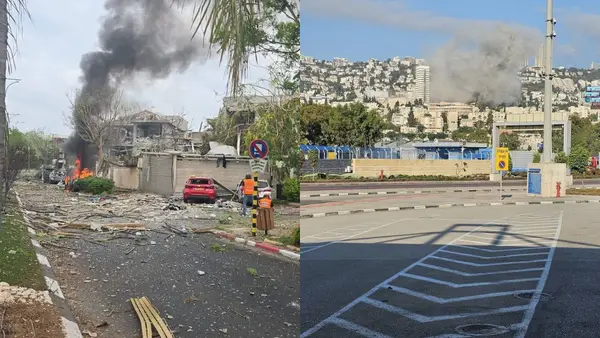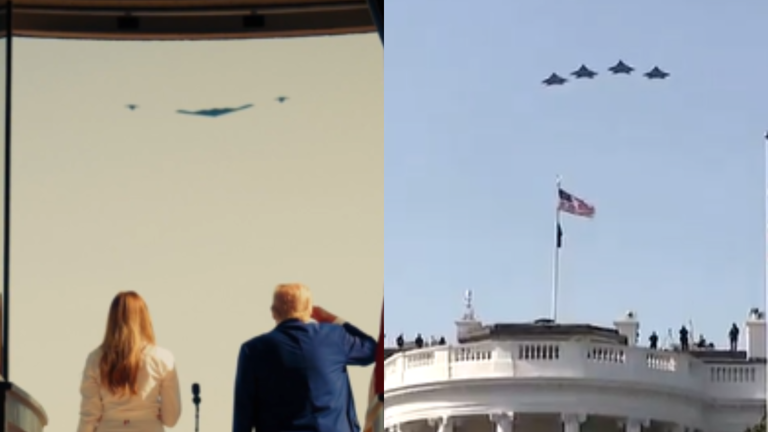Tehran Declares War, Targets Israeli Cities in Retaliation to US-Israel Airstrikes
In a bold and dangerous escalation, Iran has launched over 30 ballistic missiles at Israeli cities in response to the joint U.S.–Israel bombing of its nuclear facilities at Fordow, Natanz, and Isfahan. This marks the first major direct strike by Iran on Israel in years, signaling the breakdown of restraint and a shift from proxy warfare to state-level confrontation.
🚨 BREAKING: After U.S. strikes on Iran’s nuclear sites, Iran launches missile attack on Haifa & Tel Aviv. Explosions rock both cities as Israel scrambles air defenses. Regional war fears grow. #Iran #Israel #IranIsraelConflict #IsraeliranWar pic.twitter.com/DSOTHkTE9v
— عادل وانی (@HindAlamgir) June 22, 2025
The strikes, which were captured on multiple cameras and broadcast globally, targeted key Israeli cities including Haifa, Tel Aviv, and Jerusalem. Iran’s Islamic Revolutionary Guard Corps (IRGC) claimed responsibility, stating that the missile barrage was a “decisive act of vengeance” against what it calls “illegal aggression by the Zionist entity and its American partner.”
Iran’s Missile Barrage on Israel Signals Start of Direct Regional War
According to Israeli defense sources, the missiles were launched in two waves—a first volley of around 22 missiles followed by a second set of at least 5–8 more. The Iron Dome and Arrow defense systems were activated immediately, with the majority of the missiles being intercepted mid-air. However, several missiles broke through, injuring at least 16 civilians, including children, and causing significant damage to residential areas in Haifa and central Israel.
What makes this attack more alarming is that Iran reportedly used multi-warhead missiles, a technology rarely employed in direct attacks, which complicates defense interception. Videos released by Iranian state media show the missiles being launched with the caption: “For Fordow, For Natanz, For Isfahan.”
This retaliation comes just 24–48 hours after U.S. B2 stealth bombers dropped GBU-57 bunker-buster bombs on Iran’s most heavily fortified underground enrichment sites. The U.S. and Israel claimed the attacks were a preemptive measure to destroy Iran’s ability to enrich uranium to weapons-grade levels. Iranian Supreme Leader Ayatollah Khamenei responded by declaring that “war has officially begun,” labeling all U.S. forces in the region as legitimate military targets.
Israel has since convened its war cabinet, with Prime Minister Benjamin Netanyahu promising a “crushing response” if further attacks occur. U.S. military bases across the Gulf—from Bahrain to Qatar—are now on high alert, bracing for the possibility of missile retaliation or attacks by Iranian-backed militias like the Houthis or Hezbollah.
The world now watches with growing anxiety as a regional war once waged through proxies turns into an all-out direct confrontation between sovereign states. This strike may be just the beginning of a far more dangerous phase.





















